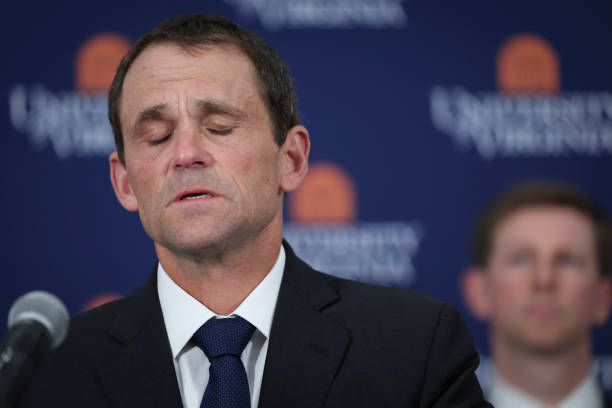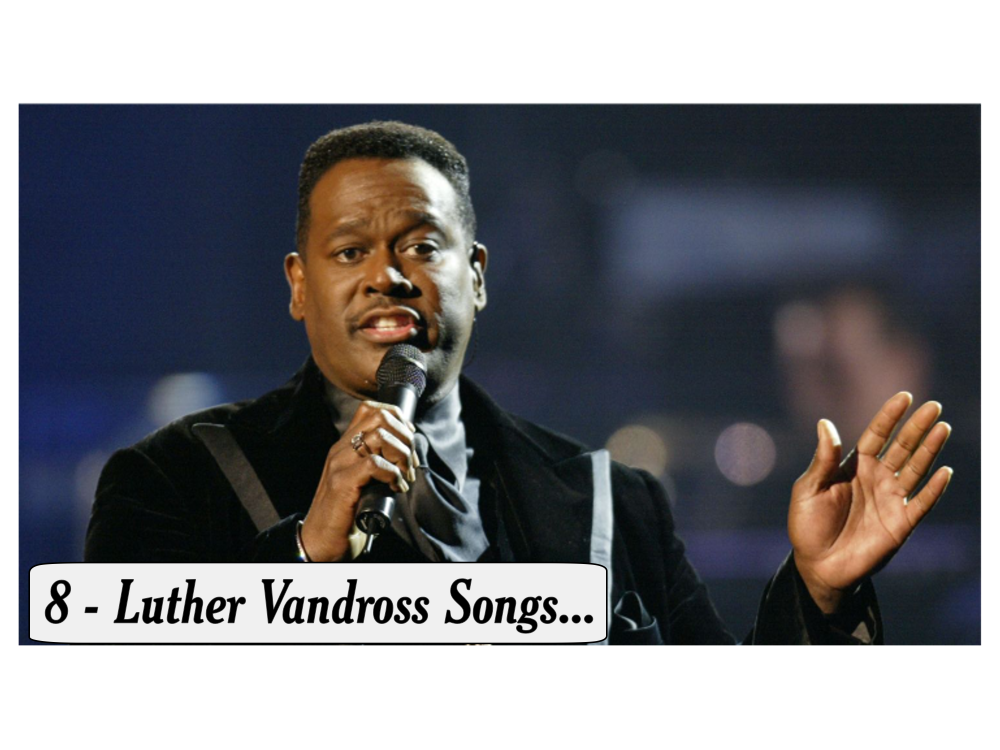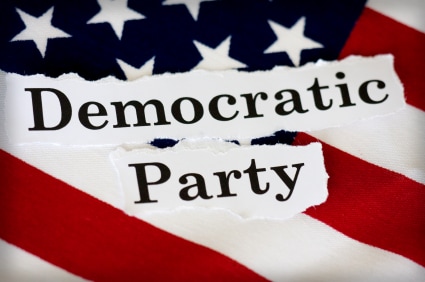(ThyBlackMan.com) Although African-Americans, Hispanics, and Native Americans represent roughly 30 percent of the population, they fill only 3 percent of senior management positions at American corporations, according to Management Leadership for Tomorrow, a minority recruitment and development group. Don Thompson of McDonald’s is one of only six black CEOs of a Fortune 500 company.
According to David Thomas, a Harvard Business School professor who studies the issue, “People of color who start at the same time as an equivalent white person have less of a chance of being at the top echelon in 20 years.” This writer agrees with President Barack Obama with regard to the topic of Blacks in the upper echelons of corporate management in America: “We must fundamentally change the way our Country does business”.
Unconscious biases and perceptions about African-Americans still play a significant role in employment decisions. Unconscious bias is defined as “social behavior . . . driven by learned stereotypes that operate automatically (unconsciously) when we interact with other people.” There is a practice that African-Americans are not seriously considered, groomed, or selected for high-level positions because of the stereotypical view (or unconscious bias) that those positions are considered “nontraditional” for African-Americans.
African-Americans require adequate mentoring and networking opportunities for higher level and management positions. Formal and informal mentoring and support from superiors and coworkers are key factors that help place African-Americans on the organizational fast track. A recent study found that 73% of African-American executives who reported having informal mentors at work had faster salary and total compensation growth than those without an informal mentor. Social science research has established a direct correlation between having mentors and increased occurrences of job growth, promotions, and salary increases.
EEO regulations and laws are not sufficiently followed by some companies, and are not effectively enforced. Company recruiters, representatives, and interviewers must be trained on cultural competency, EEO, diversity issues, and unconscious bias theory. Companies should use internships to introduce African-American students to careers and should consider awarding scholarships. The company focus should be on the individual ability of candidates rather than their branding, i.e., specific schools.
In order to facilitate the plight of the African-American in corporate America, perhaps we need to hold senior executives and management accountable. As part of their annual performance ratings, managers, supervisors, and senior executives should be evaluated in at least one element that assesses their commitment to Equal Employment Opportunity principles and goals. Awards, bonuses, and promotions should be contingent on management’s actions in EEO, and companies should not grant proven discriminators awards, promotions, outstanding performance evaluations, etc.
Companies should consider demotion and/or removal of managerial duties of management officials who are known to have engaged in unlawful discrimination or have inadequately responded to harassment.
Staff Writer; Stanley G. Buford
Feel free to connect with this brother via Twitter; Stanley G. and also facebook http://www.facebook.com/sgbuford.

















Personally, I do believe that unconscious bias is real and plays into everything we do. It’s true, we all have some sort of bias be it conscious or unconscious, based on our experiences and upbringing. However, it would seem to me that someone has re-purposed a legitimate physiological phenomenon into a socio-political loop hole for people not being responsible for their racist acts and behavior. To use unconscious bias as a defense for discrimination is absolutely ridiculous. Yet, when corporations and people start talking this sort of nonsense, we as Black people need to know how to thoroughly dismantle that argument.
Still, I do not believe that the lack of Blacks in management is unconscious at all – I do not buy that for one second. Rather, I believe this to be a very conscious and concerted efforts to marginalize people who are not actively selected through cronyism. I also believe that many management teams running corporations in the United States and abroad, have elements within their culture and means of doing business which are, in fact racist and unethical all together. Here is where I believe the cross-roads begin in bringing on Black management team members.
We have to think about this from the CXO’s perspective, “What would happened if Black management team members came aboard and witness exactly how we do business?” It is my belief that Blacks have been left out of management because the status quo may not trust Black team members who do not see the world and their role in the corporation the way that they do. Therefore, a seat at the board room table is generally by invitation alone, while the interview process is simply a formality. And with all due respect, promoting friends and associates to positions of authority, without regard to their qualifications; has been the American way since the conception of this country.
Moreover, do I feel that any of is right? No. Does this happen every day? Sure it does. How many times have you or a close friend put in for a position only to find out that the position was already promised to another candidate? In many cases, the corporation has moved into creating pretentious interviews that suffice the formality and construct the elution of a proper candidate selection process. All the time, the job has been ear-marked for a candidate that the corporation trusts. Everyone else plays a demographic role that provides a believable “subtext”, which is a believable reason why someone did something; but not the actually reason why a person did it. The candidate selection process is done in this way to protect the corporation in the event the corporation and the hiring decision was ever questioned or audited.
That’s the business behind the business. The days of being promoted because something that we’ve done is definitely possible, but seating at the board room table is strictly reserved for those like-minded people who are in agreement with the incumbent management team. These days, the only word that accurately describes corporate America is mammon. Therefore, the moral to the story is this, if a person has a dream of being on a management team, DO NOT waste your time working for corporations that do not think like you or you like them. If you are a crook or only see shades of gray, odds are you will do fine at most corporations. However, if you have a strong moral sense about you, take your time and search for organizations where your morals and values align. We as Black people have to think strategically, but with common sense and understanding.
Brother Buford, your article lost ALL credibility to me when you titled the article shortage of BLACKS in top management of corporate America, then your first sentence included Hispanics and Native Americans in your statistic. I’m SICK of black people including Hispanics and others in our struggles! This is the problem with black folk, we are always including others and worrying about the next man which takes the focus off of us and ours. Let Hispanics and Native Americans worry about themselves. They don’t need black folks to carry a torch for them; they can get along just fine without us.
Besides, when was the last time you heard any Hispanic or Native Americans including blacks in on their issues? I’ll wait for your answer.
Black people, get off this DREAM of solidarity with other racial groups just because we have melanin. It AIN”T GOING TO HAPPEN.
If I hear one more black talking head say “people of color” I’m going to scream! Say what you really want to say: BLACK PEOPLE.
I’m sorry brotha Buford, but I couldn’t get past your first sentence to even process what you wrote. I’m sure its the same lamentation about their not being enough blacks at the top. Well, let your friendly hispanic and native american start and run a corporation and count how many blacks will be at the top of that company too since you seem to think we’re all in this together.
Again, I’ll wait for that….
Get real.
While we wait for people outside our community to be fair and give us the opportunity to reach the top, based on our abilities, we need to start creating opportunities within our own community.
This way, we have options to whether we want to climb the corporate ladder in mainstream and take the chance of not reaching our potential, because of someone’s bias against us. We rely too much on government and corporate America to solve our problems, when we have the ability to solve them ourselves.
Black Unity is the solution, 3ufirst.com is the plan
Interesting article! However, I don’t believe in Unconscious Bias. They totally know what they are doing!